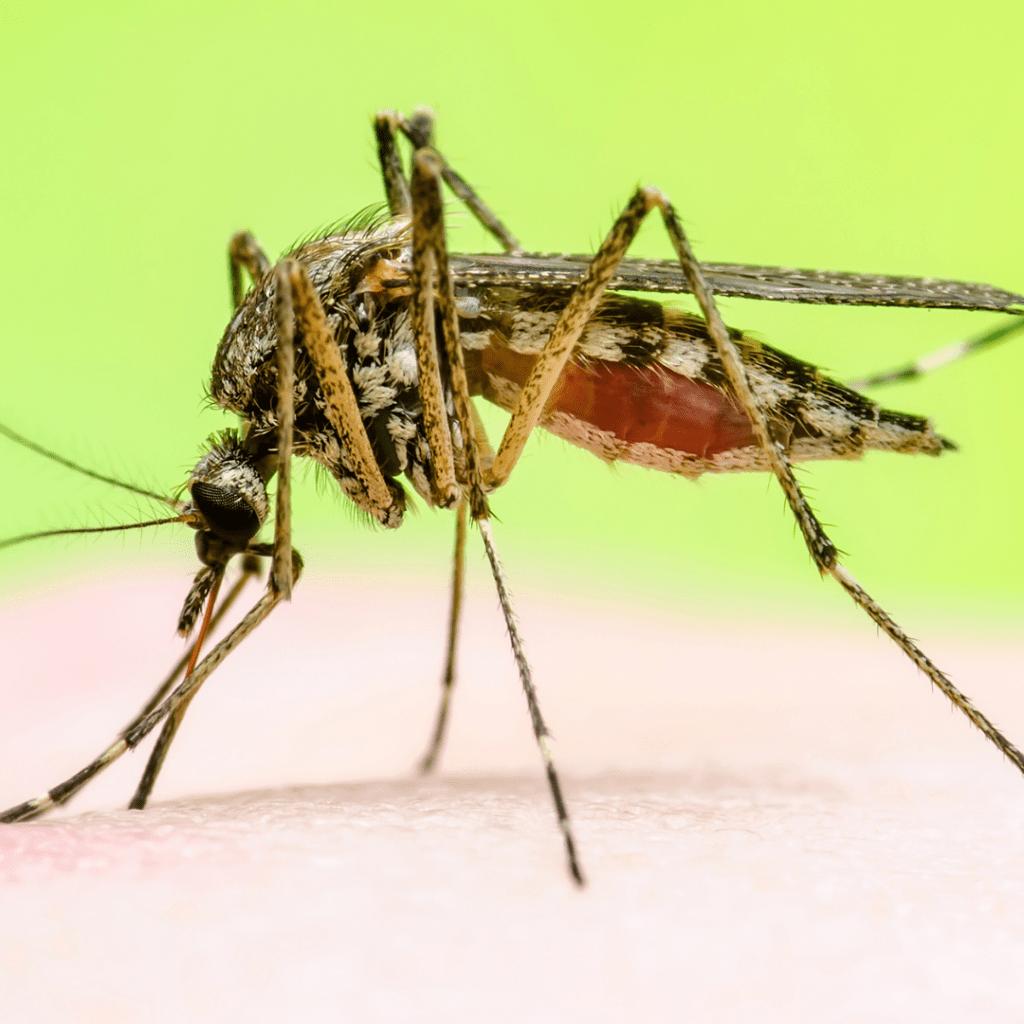Do you exercise, consistently, every week?
Many are aware of exercise and its relation to cardiovascular health, brain health, and weight management. How about its effects on cancer prevention?
Exercise can increase your oxygen by 10 to 20 times and reactive oxygen species (ROS) by 1000 times! Why does this matter for cancer?
What’s important is to understand the difference between normal cells and cancer cells in the body. Here are a few things to note:
- A normal cell uses a lot of oxygen, but a cancer cell doesn’t have to use oxygen at all.
- A normal cell also has a lot of mitochondria, and a cancer cell doesn’t.
- A normal cell has a limited lifespan, whereas a cancer cell can live forever.
- A normal cell is triggered to die, and that trigger comes from a byproduct of using oxygen called ROS.
- Cancer cells have a deficiency of ROS, but normal cells have an abundance of ROS.
The more oxygen you can give your cells, the more ROS you will have to trigger apoptosis (cell death). This helps explain why certain things such as smoking, infections, inflammation, and chronic stress increase risks of cancer.
Exercise also improves:
- your blood sugars and insulin resistance,
- number of mitochondria to produce more oxygen and ROS
- your immune system to help you fight cancer
Looking to get started with an exercise plan or to build consistency in your exercise routines?
Consider working with an integrative health practitioner to help you break through pain, emotional resistance, and survival state living, to enjoy the health and wellness YOU deserve?
Get started here or schedule a free 15 minute consult with one of our integrative health practitioners to learn more. Schedule Consult.
Subscribe on YouTube for 60 second functional health tips. Learn more here.
Sources for your own research:
- Effect of exercise on colorectal cancer prevention and treatment
- Why exercise has a crucial role in cancer prevention, risk reduction and improved outcomes
- Intense Exercise for Survival among Men with Metastatic Castrate-Resistant Prostate Cancer
- Redox Mechanism of Reactive Oxygen Species in Exercise
- Lifetime physical activity and risk of endometrial cancer
- Exercise in the Prevention and Treatment of Breast Cancer



